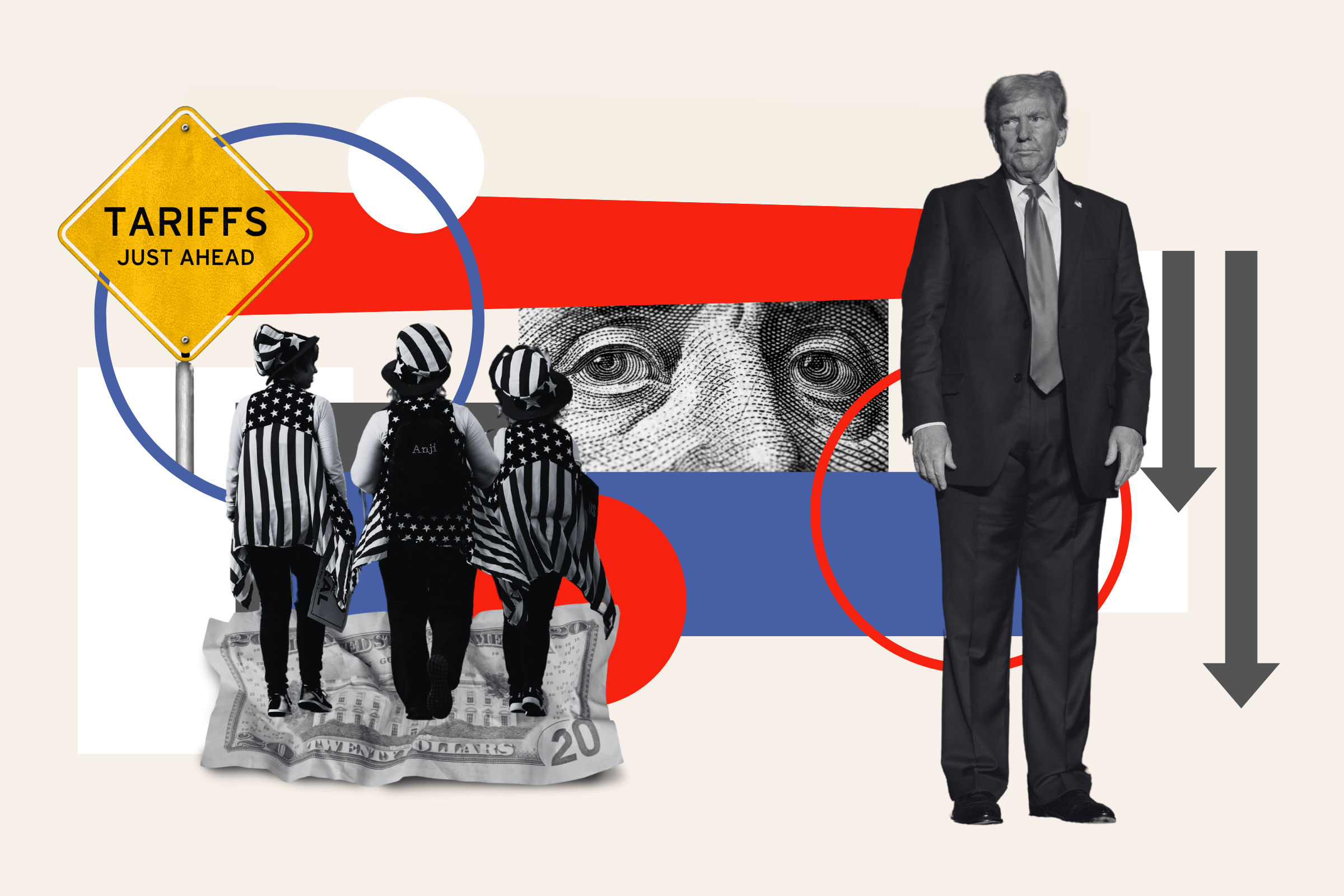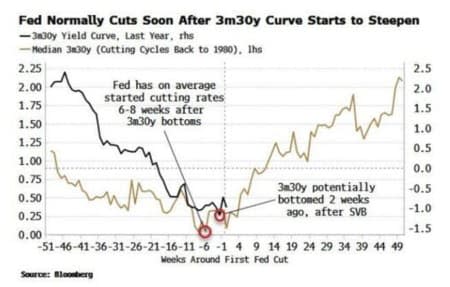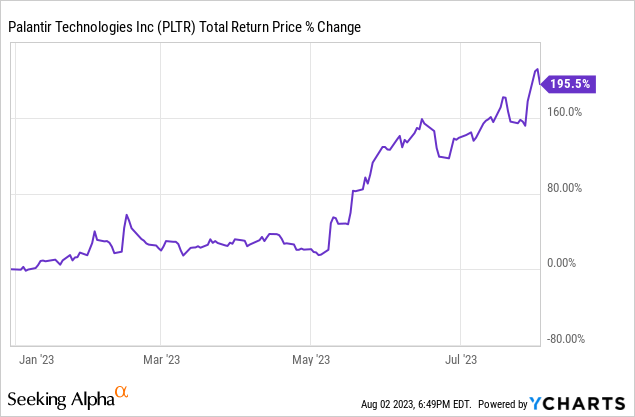EU's Response To US Tariffs: French Minister Demands More Action

Table of Contents
The Impact of US Tariffs on the EU Economy
The US tariffs have had a demonstrably negative impact on the EU economy, triggering a wave of economic sanctions and further fueling the existing trade war. Specific sectors have been particularly hard hit.
- Agriculture: Farmers in France and other EU nations have faced significant losses due to tariffs on agricultural products, impacting exports of cheese, wine, and other goods.
- Aerospace: The aerospace industry, a key sector for both the US and the EU, has also suffered from the imposition of tariffs, leading to reduced competitiveness and potential job losses.
- Steel: The steel industry, already facing global challenges, has been further burdened by the additional US tariffs, exacerbating existing economic pressures.
The economic losses for the EU as a whole are substantial. Reports from the European Commission have estimated billions of euros in losses, with individual member states like France experiencing significant negative impacts on their GDP growth and employment figures. These tariffs have also contributed to reduced competitiveness for EU businesses in the US market, hindering export opportunities and potentially leading to job losses across various sectors. The EU has imposed retaliatory tariffs on certain US goods, but their overall effectiveness in mitigating the damage remains a subject of ongoing debate. The resulting trade war has severely impacted the European economy, causing significant economic uncertainty.
France's Position and Minister Le Maire's Demands
French Minister Bruno Le Maire has been a vocal critic of the EU’s response to the US tariffs, arguing that the current measures are insufficient to protect European interests. He has consistently called for a more aggressive response to the trade dispute.
- Stronger Retaliation: Le Maire has advocated for significantly increasing retaliatory tariffs on US goods, targeting sectors where the US is particularly vulnerable.
- Increased EU Unity: He has stressed the need for greater unity within the EU in its response to the US tariffs, emphasizing the importance of a united front against unfair trade practices.
- Independent Actions: While advocating for a collective EU approach, France has also taken some independent actions to support its affected industries, highlighting the urgency felt within the country.
Le Maire's assertive stance reflects France’s significant economic stake in the outcome of this trade dispute and its determination to protect its national interests. His public statements, reported widely in major news outlets, reflect a growing frustration with what he sees as an inadequate EU response. The political context of his demands includes not only economic considerations but also a desire to demonstrate strong leadership within the EU on trade policy.
The EU's Current Response and its Limitations
The EU's current strategy for addressing US tariffs is multifaceted, encompassing several key approaches:
- WTO Dispute Settlement: The EU has initiated formal dispute settlement proceedings at the World Trade Organization (WTO), aiming to challenge the legality of the US tariffs under international trade rules. However, the WTO process is notoriously slow and complex, offering limited immediate relief.
- Retaliatory Tariffs: The EU has imposed retaliatory tariffs on a range of US goods, seeking to exert countermeasures. The effectiveness of these retaliatory tariffs has been debated, with some arguing that they have had a limited impact on US policy.
However, the EU's response faces several limitations:
- Internal Disagreements: Achieving a united front among the diverse member states within the EU has proven challenging, with differing economic interests and sensitivities impacting the collective response.
- WTO Ineffectiveness: The WTO dispute settlement system, while crucial for upholding international trade rules, is often slow and its decisions are not always fully enforced.
- Global Economic Climate: The overall global economic climate has added further complexity to the situation, making it harder to formulate and implement effective strategies.
Alternatives and Future Prospects for EU-US Trade Relations
The EU needs to consider alternative strategies to better address this trade dispute.
- Bilateral Negotiations: A renewed focus on bilateral negotiations with the US, perhaps focusing on specific sectors, could offer a path to de-escalation and mutually beneficial agreements.
- Strengthening Alliances: Closer cooperation with other trading partners could help counter US trade actions and provide greater leverage in negotiations.
- Diversification of Markets: The EU could diversify its export markets to reduce its dependence on the US market.
The future of EU-US trade relations remains uncertain. While hopes for a quick resolution are dwindling, the long-term implications of this trade dispute are significant, affecting transatlantic relations and the global trading system. A successful resolution will require significant diplomatic efforts, a willingness to compromise from both sides, and a commitment to upholding international trade rules.
Conclusion
The impact of US tariffs on the EU economy is undeniable, and France, under Minister Le Maire's leadership, is pressing for a more assertive EU response. While the EU has taken some steps, the limitations of its current strategy—including internal disagreements and the slow pace of WTO dispute settlement—are apparent. The situation calls for exploring alternative approaches, such as strengthened bilateral negotiations, deeper alliances with other trading partners, and a strategic diversification of export markets. The ongoing situation surrounding the EU's response to US tariffs demands close monitoring. Stay informed about developments in EU trade policy and the evolving strategies employed to address this significant trade dispute. Further research into the EU's response to US tariffs is crucial for understanding the future of transatlantic trade relations.

Featured Posts
-
 Wynne Evans Denies Wrongdoing Amidst Show Of Support
May 09, 2025
Wynne Evans Denies Wrongdoing Amidst Show Of Support
May 09, 2025 -
 Arctic Comic Con 2025 Exclusive Photos Of Characters And The Ectomobile
May 09, 2025
Arctic Comic Con 2025 Exclusive Photos Of Characters And The Ectomobile
May 09, 2025 -
 Clarksons F1 Rescue Plan Addressing The Ferrari Disqualification Threat
May 09, 2025
Clarksons F1 Rescue Plan Addressing The Ferrari Disqualification Threat
May 09, 2025 -
 Why The Fed Is Lagging Behind On Interest Rate Cuts
May 09, 2025
Why The Fed Is Lagging Behind On Interest Rate Cuts
May 09, 2025 -
 Should You Buy Palantir Stock Before May 5th Wall Streets Surprising Consensus
May 09, 2025
Should You Buy Palantir Stock Before May 5th Wall Streets Surprising Consensus
May 09, 2025
